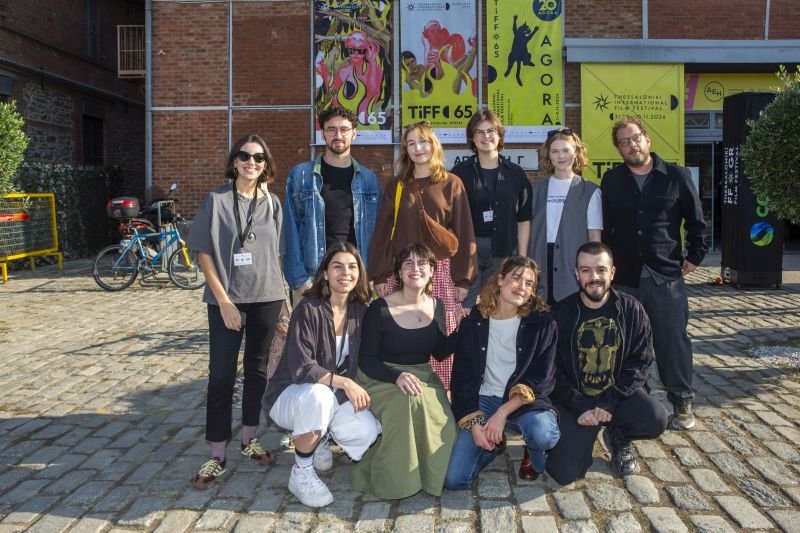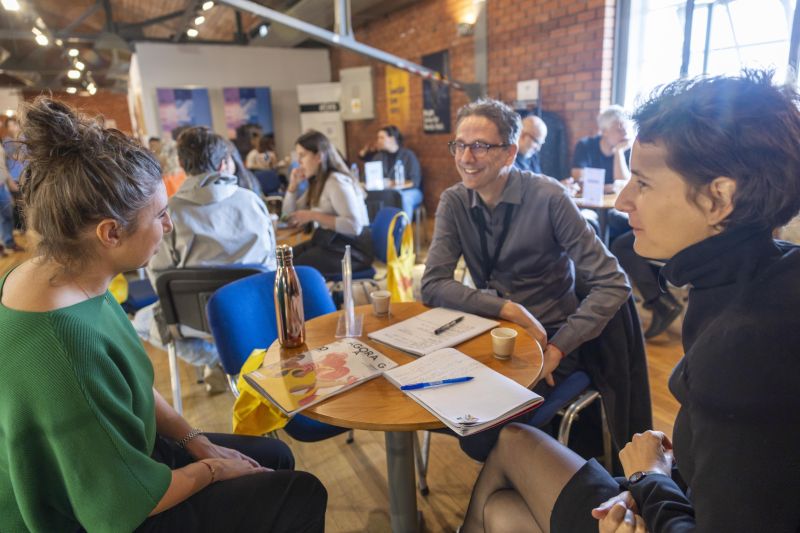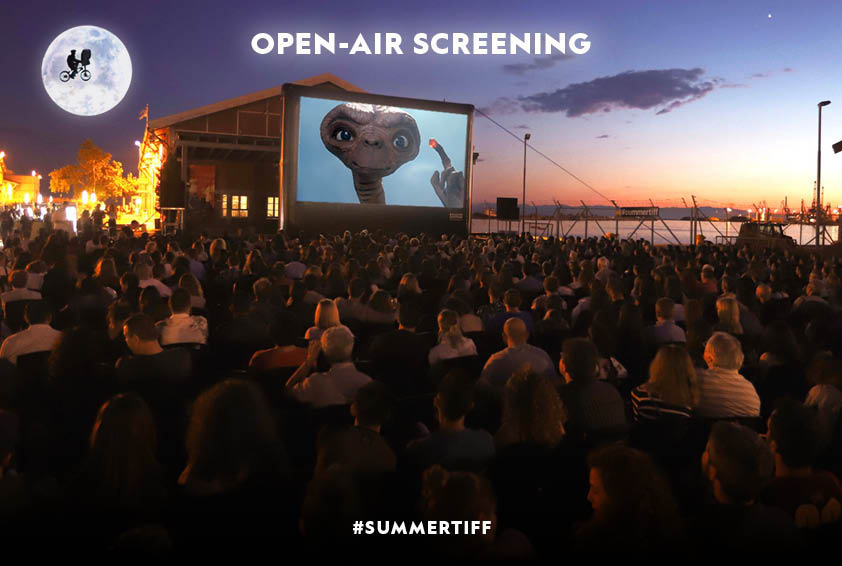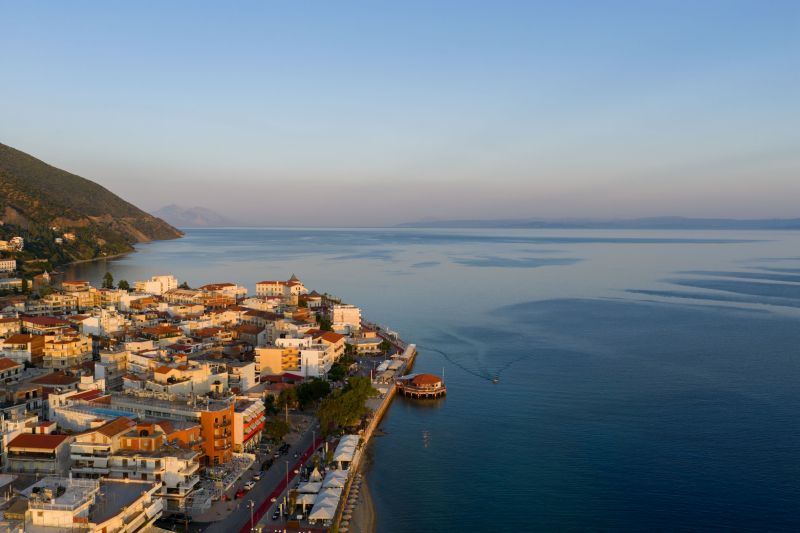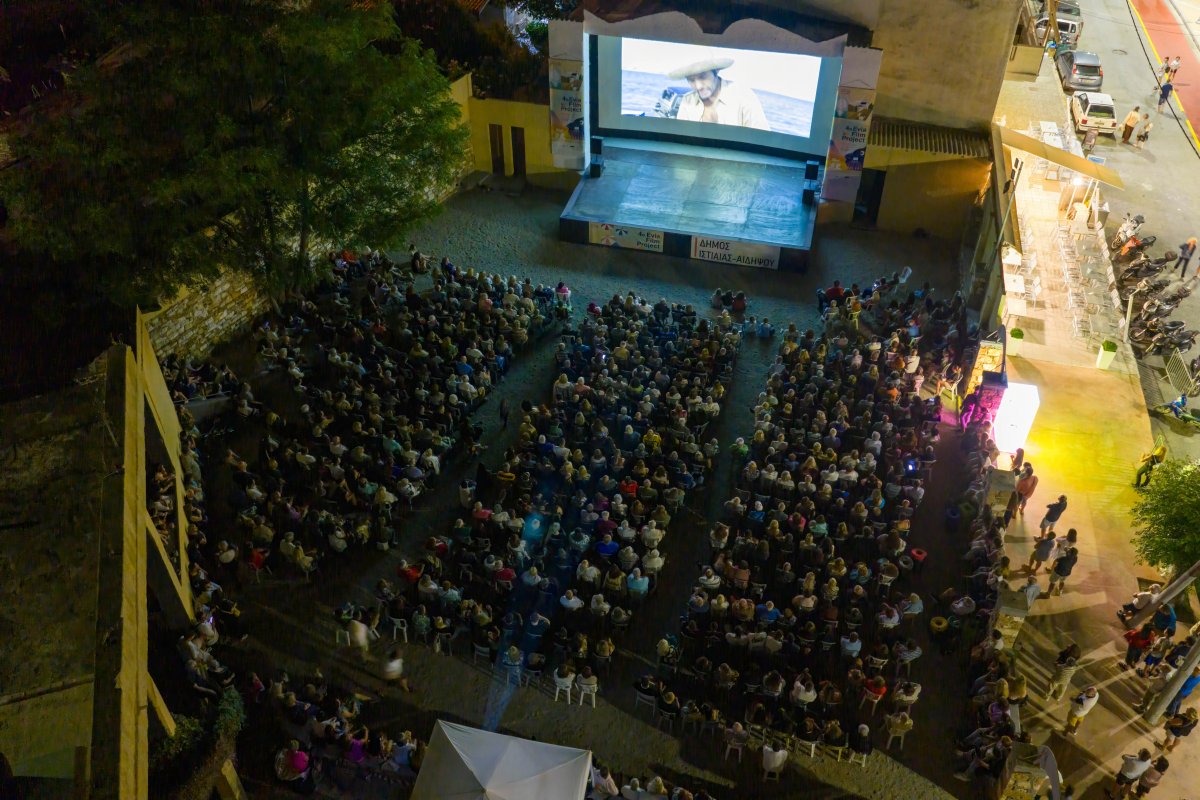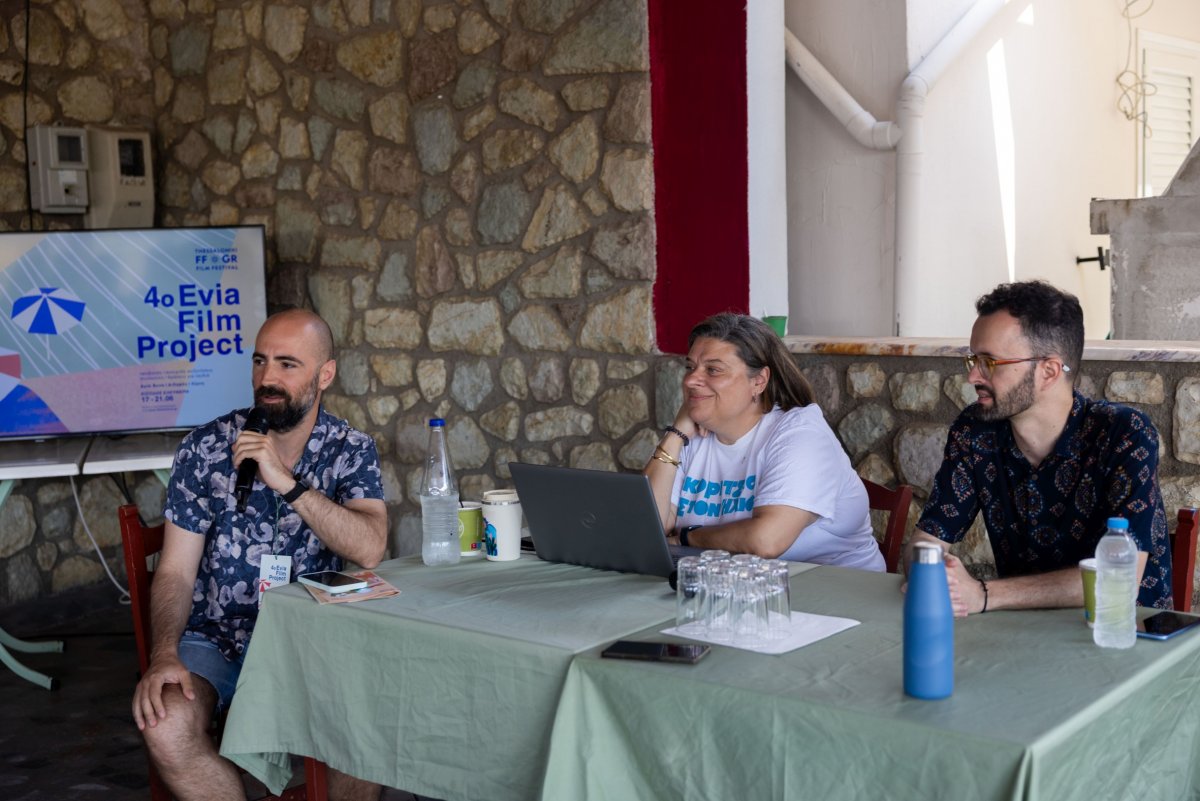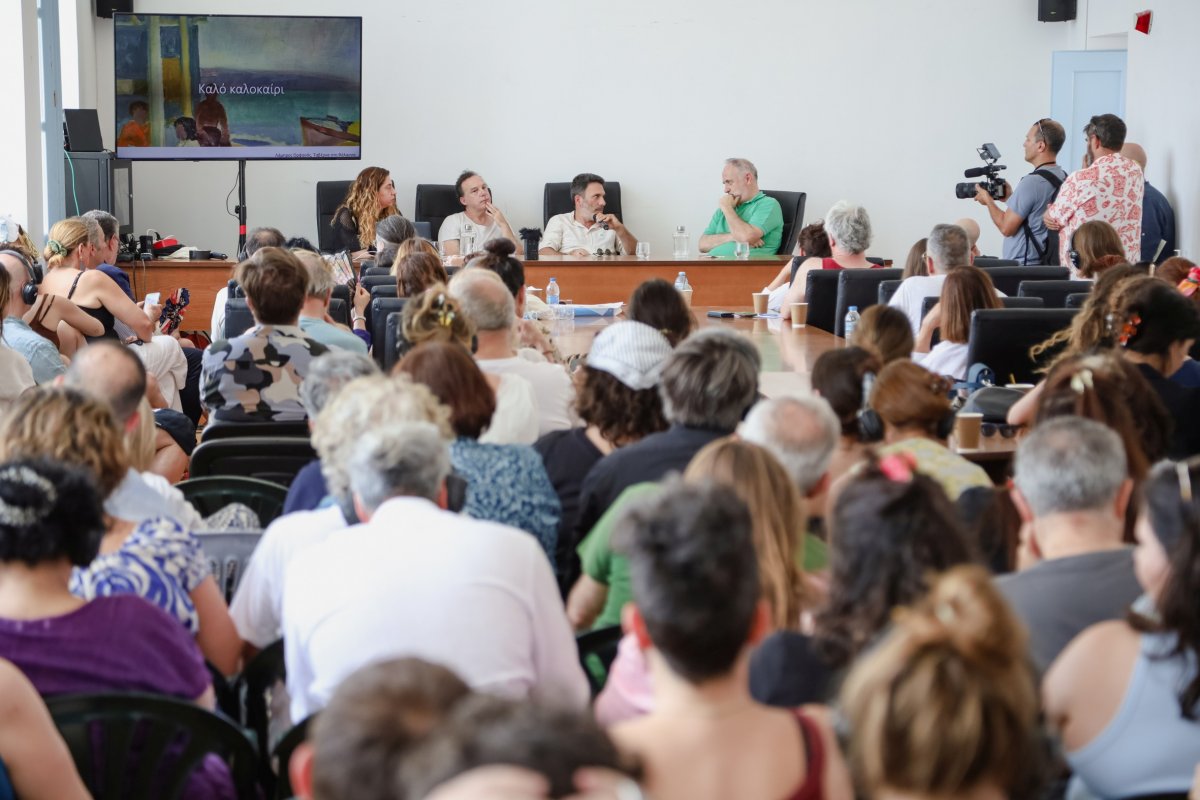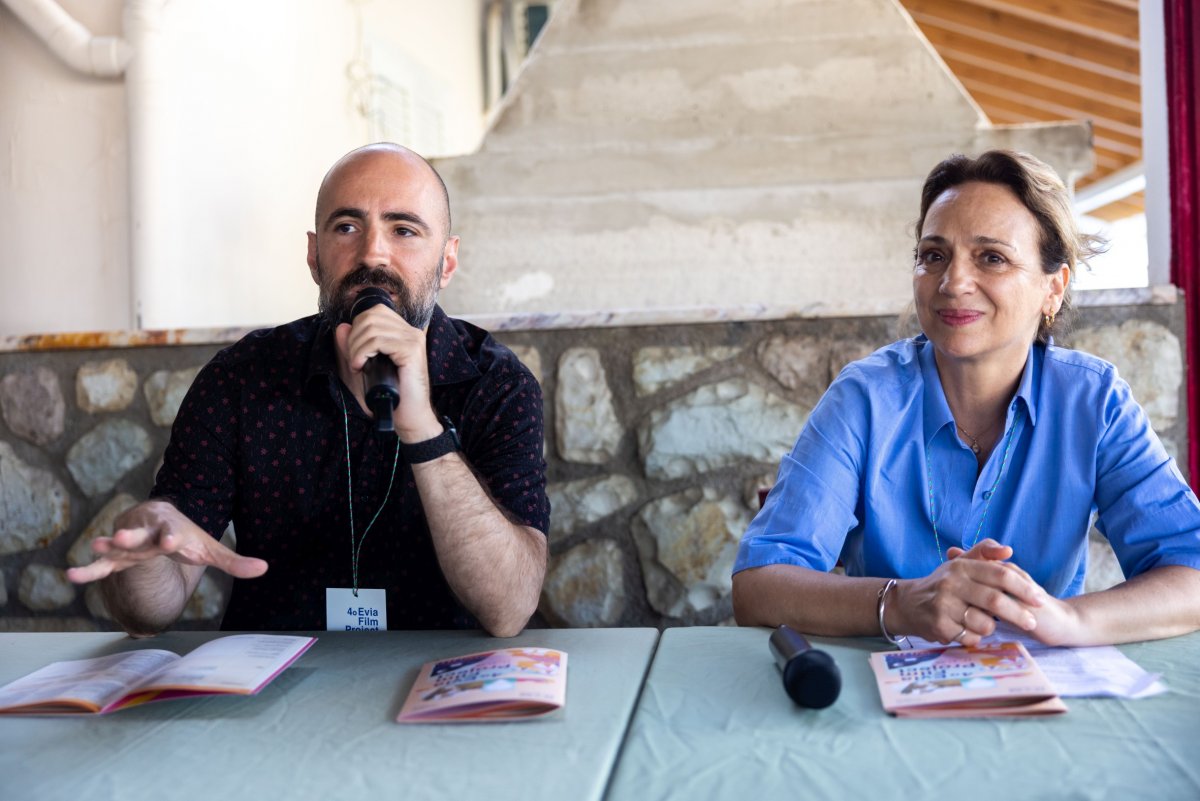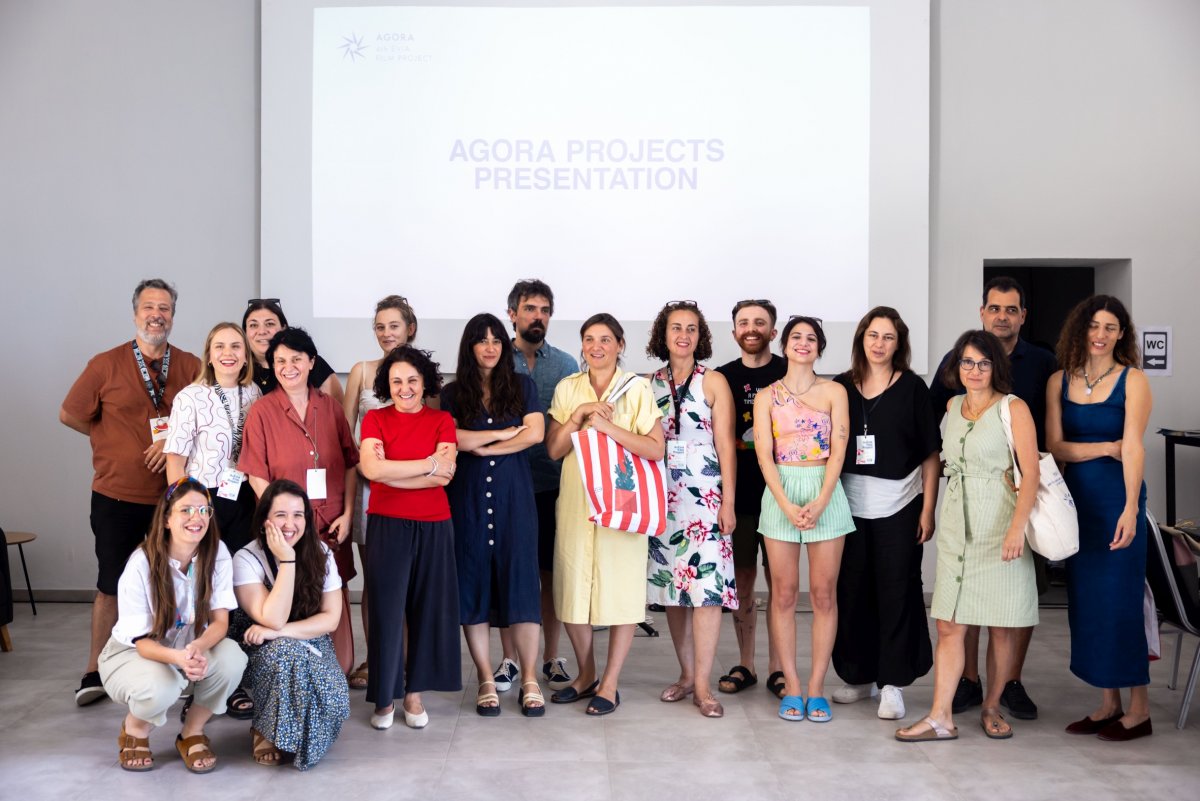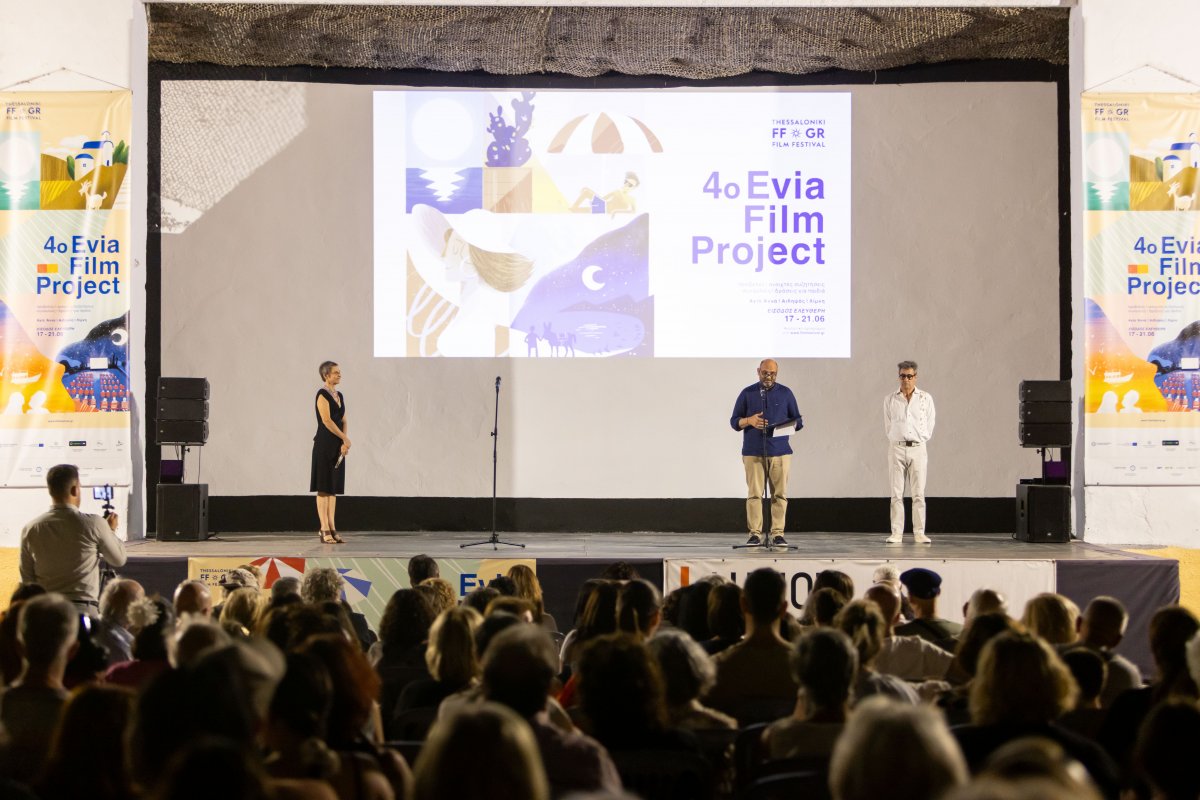Battu’s Bioscope
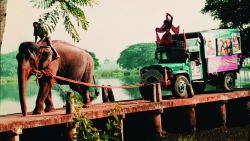
|
No physical screenings scheduled. |
- Script: Andrzej Fidyk
- Cinematography: Mikolaj Nesterowicz
- Editing: Jan Mironowicz
- Sound: Staszek Kolenda
- Producers: Andrzej Fidyk
- Format: DigiBeta Color
- Production Country: Poland-Germany-France
- Production Year: 1998
- Duration: 59
Grand Prix – Banff World TV Festival 1999, Canada
Golden FIPA (ex-aequo) – FIPA Biarritz 1999, France
Golden Spire – San Francisco IFF 1999, USA
Andrzej Fidyk
Andrzej Fidyk is a documentary filmmaker, director and screenwriter. He was born in Warsaw in 1953. A graduate of the Department of International Trade Relations of the Warsaw School of Economics, he started working for television in 1980. From 1991 to 1996 he worked for the BBC in the Music and Arts Department and between 1996-2004 he was the director of the Documentary Department at Polish Television. His documentaries have won numerous awards at international film festivals. One of his best known works is The Parade, which depicts the mass parades choreographed to celebrate the 40th anniversary of the Democratic People’s Republic of Korea (North Korea) in 1988. The award-winning documentary Battu’s Bioscope chronicles the visit of a mobile cinema to a primitive Indian tribe that doesn’t even know that cinema exists. Fidyk returned to the subject of human rights under repressive regimes in his two most recent films, Belarusian Waltz and Yodok Stories.
Filmography
1982 Optimistic Film about the Unknown
1983 Alibi for Life
1984 Oriano
1984 Their Theatre
1985 The President
1986 Night in a Palace
1986 Praga
1987 Hair in a Soup
1988 Great Chance
1989 Kapikule
1989 The Parade
1990 Shrovetide
1991 The Devil in Moscow
1993 Staszek’s Dream in Tehran
1994 Heaven of the Defamed
1994 Postcard from Japan
1994 The Russian Striptease
1995 Carnival: The Biggest Party in the World
1997 East of Eastenders
1998 Battu’s Bioscope
2000 Reed Dance
2007 Belarusian Waltz
2008 Υodok Stories



